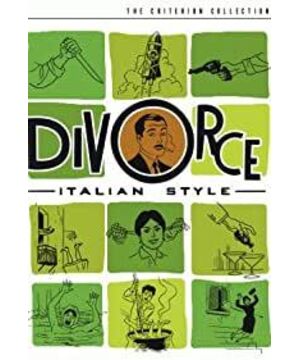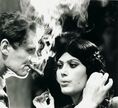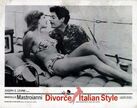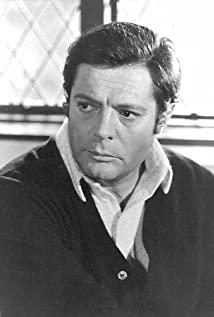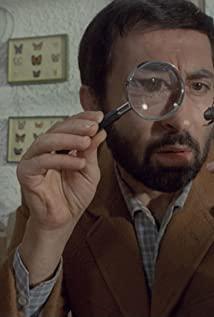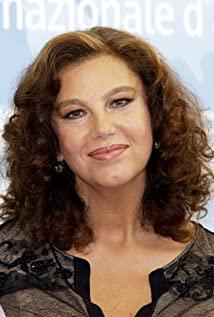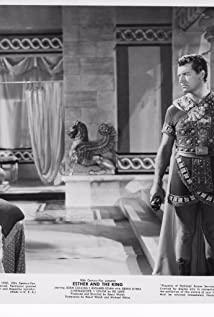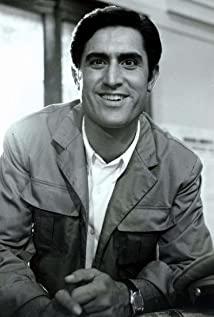Meet Marcello Mastroianni from Federico Fellini's "Eight and a Half" ( 8½, 1963) and "La Dolce Vita" (La Dolce Vita, 1960) began, followed by Michelangelo Antonioni's "Night" (La Notte, 1961) and Mario Monicelli (Mario Monicelli) )'S "The Organizer" (The Organizer, 1963). All of the above are mainly artistic films, so Masduani in the impression is difficult to associate with comedy, and of course I know that this is a big mistake. After the Second World War, Italian films were dominated by neo-realism, from reflecting the reality of labor and the lower class, gradually transitioning or transforming into a comedy genre. This was the golden age of Italian films. More people think that Italian comedy started with Mario Monicelli's "Big Deal on Madonna Street" (Big Deal on Madonna Street), but this type of title Commedia all'Italiana is from Pietro Germi (Pietro Germi). )’S "Divorzio all'Italiana" (Divorzio all'Italiana).
Pietro Schilmi, who is also one of the directors and screenwriters, also changed from a neo-realist style to a comedy route, and was therefore "famous" in the United States. "Yi" not only won him the Oscar for Best Original Screenplay with two other screenwriters Ennio De Concini and Alfredo Giannetti, Shirmi was also nominated for Best Director, and Masduani became the first foreign language film to win The actor nominated for the best actor. Masduani looks handsome and unruly, his temperament is more mature than Alan Delon (Alan Delon), his facial features are better than Jean-Paul Belmondo (Jean-Paul Belmondo), but he is very happy to keep the "two-handed chicken"! Fefè (full name Ferdinando Cefalù) played by Masduani is a nobleman from Sicily, Italy.
Fefè can't bear the annoyance of his wife Rosalia (Daniela Rocca), who has been married for twelve years, and falls in love with her cousin Angela (Stefania Sandrelli), who lives in the same house and is only 16 years old. Fefè must try his best to distinguish "divorce" in order to be with Angela, who is in love with each other. This affair-style comedy is certainly not that simple. Because of religion and social values, "divorce" has never existed. There is no legal signature, so "illegal" murder has to be committed. Fefè learned from the case of a wife who shot and killed her husband who had an affair, and began plotting how to "disappear" Rosalia. The whole story is full of black comedy humor. Murder is a heinous crime, but it is the only way out for a sleepy marriage. The situation is worse than the plight of the male protagonist in "Unfaithfully Yours"; the murderer of his wife The illusion is also like the murderous revenge of the hero in Kind Hearts and Coronets (Kind Hearts and Coronets), which is both laughable and disturbing.
The movie begins with a flashback, and Fefè's narration runs through the movie. The first-person perspective makes the audience unexpectedly substitute the actor whose behavior and purpose should be unthankful, and gradually sympathize with him. Although Fefè deliberately arranged for Rosalia to get back together with her first love, Carmelo (Leopoldo Trieste), when Rosalia secretly eloped away from him, Fefè still sympathized with us. Schilmi used the absurdity of the story to criticize the ignorance of the society and the conservativeness of religion, and also used the movie "The Dew Drops of Peony" starring Masduani in the film to appear in the film, and confronted the religious people. The critics of this movie are the most interesting. Masduani's transformation from the romantic reporter in "Lu" to the idle "pit" in "Yi" is a secret joke.
The movie ends with shooting and embracing the beauties, but the scene finally freezes on Angela and the young male crew's feet teasing each other, indicating that the "Italian divorce" will only appear repeatedly. The murdering Fefè will eventually be another dead soul under the gun. This is an Italian tragedy.
View more about Divorce Italian Style reviews


